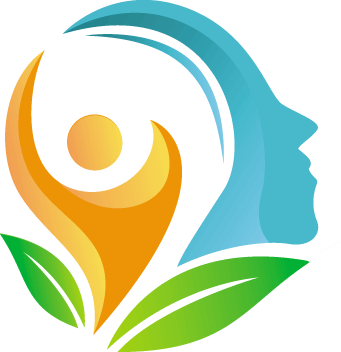The 5 strengths of sophrology to help you through difficult times!
by Christelle Marchetti | on February, 6th 2024 |
Sophrology is a comprehensive, holistic, mind-body therapy used in a wide range of fields to help you get through difficult periods in your life more serenely.
It helps to re-establish or reinforce the balance between emotions, thoughts and body to improve quality of life (stress management, quality sleep, emotional management, self-confidence, pregnancy/menopause aches and pains…).
But what are its main strengths? Here are 5 of them!
Soprology in a few words...
Sophrology is “training the body and mind to develop serenity and well-being”.
It was created in 1960 by Professor Alfonso Caycedo, a Colombian neuropsychiatrist working in Spain, who coined the word SOPHROLOGY from 3 Greek roots:
- SOS: harmony
- PHREN: mind, consciousness
- LOGOS: study, science

Its 4 basic tools are :
- Breathing
Breathing is a vital function for our bodies, but it also promotes physical relaxation, can ease tension and helps us to better control our emotions.
- Muscular relaxation
Muscular relaxation facilitates letting go and access to the sophro-liminal level. Muscular relaxation helps to calm the mind. Deep relaxation helps to dissolve fears, anxieties and everyday worries. And the brain rests too, as it no longer needs to deal with external stimuli.
- Targeted visualization
Visualization is a guided technique inspired by hypnosis that effectively combats parasitic thoughts, fears, phobias and anxieties, restoring inner calm and anchoring positive projects for the future.
- Dynamic and static relaxation
Sophrology combines dynamic relaxation, which uses body movements to release tension, and static relaxation, which makes it easier to let go with an immediate goal in mind, such as preparing for sport, childbirth, working through pain, improving performance…

What are the 5 strengths of sophrology to have a lasting effect on our daily lives?
1- It's for everyone
Whatever your age, state of health, psychosomatic or physical ailments.
From early childhood to retirement, from hyperactive behavior to the effects of menopause, from stress (daily, occasional, at work) to the management of tinnitus and the fear of exams, sophrology is an effective solution!
2- Visible results in just a few weeks
The number of sophrology sessions varies according to the objective set or the difficulty to be overcome. But if you keep up the sessions and practice the exercises at home, you’ll soon feel the positive impact on your well-being and overall health. It is also highly effective in supporting professional and personal life changes.
The exercises can be adapted to each individual’s life, and require only a few minutes’ practice in everyday life.
3- Easy exercises manage small ailments like big ones
Sophrology can help with a wide range of problems. The exercises are designed to help you listen to your body, identify the source of your stress, anxiety and fears, for example, and learn to manage them more effectively.
4- Effective support to complement medical treatment
Illness can be difficult to manage and often painful, both physically and mentally. However, the state of mind of sufferers plays an important role in the success of medical treatment, and therefore in recovery. Sophrology is an excellent way to mobilize and strengthen the mind-body connection, and better cope with the difficulties and effects of illness.
5- Autonomy after therapy
Sophrology sessions are designed to be easily carried out at home or elsewhere. After a session, the practitioner suggests a series of exercises to suit your needs. Support materials and recordings are provided for further practice.
It is strongly recommended to reproduce the exercises at home. Regular attendance is one of the keys to this therapy. Relaxation is a real workout that requires regularity. So it’s a good idea to repeat the exercises you’ve enjoyed the most.

How do you know if sophrology can help you in your daily life?
Try sophrology, adopt it and practice it with ease. Individual or group sessions!
Find out more about Indivual support offered.
To know the next workshop in group.
DO YOU KNOW ?
Relaxing the mind means relaxing the body. Breathing is the basis of relaxation. On average, a human being performs 23,000 breathing cycles a day, and 1/3 of the air we breathe in goes directly to the brain. A better-oxygenated brain means better control of our emotions!

